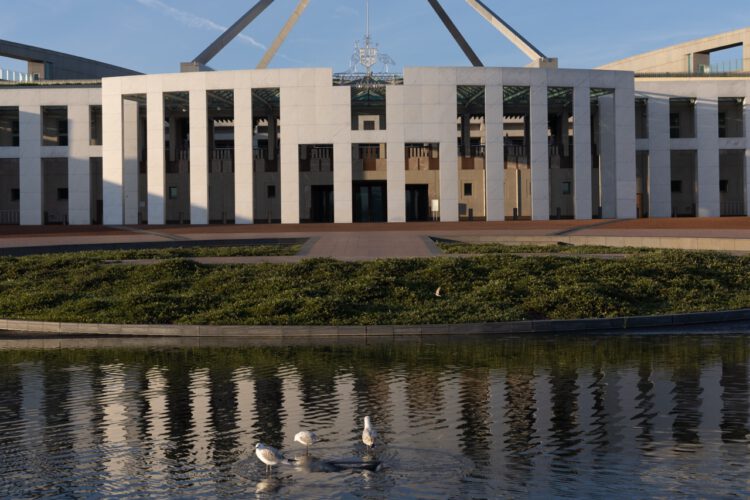Good night
Well those Tuesday morning feels like it was about a decade ago, which is a sure sign that the end of the parliament week is upon us.
Richard Marles is headed to Washington to meet with US defence secretary Pete Hegseth (a Trump appointee who seems to have been chosen as a humiliation test for the Republican senators confirming him) and Anthony Albanese and Peter Dutton will spend the weekend on the faux-election campaign.
And then before we know it, it will be Monday and the start of the new parliament week! Aren’t we lucky!
We will be back to cover all the parliamentary happenings from sparrows on Monday morning, and we hope you join us, as we continue to see what this little blog becomes. That thousands of you have already come and had a look – and stuck around – has been heartening to us all. We really just want to provide a little bit more value in how your democracy is presented and deliver the hits (and snaps, rare as they are) when needed, as well as have a little bit of fun where we can.
But it is your heart, and your interest in your democracy which drives us. It matters. You matter. And we are grateful to have you with us.
Still though – please take some time to find little moments of joy over the next few days. We have a pretty rough trot ahead of us – globally and at home – and you need to make sure you rest, as well as find some light in life’s little mundane beautiful moments. It’s important.
Until Monday, take care of you. Amy x

Loading form…